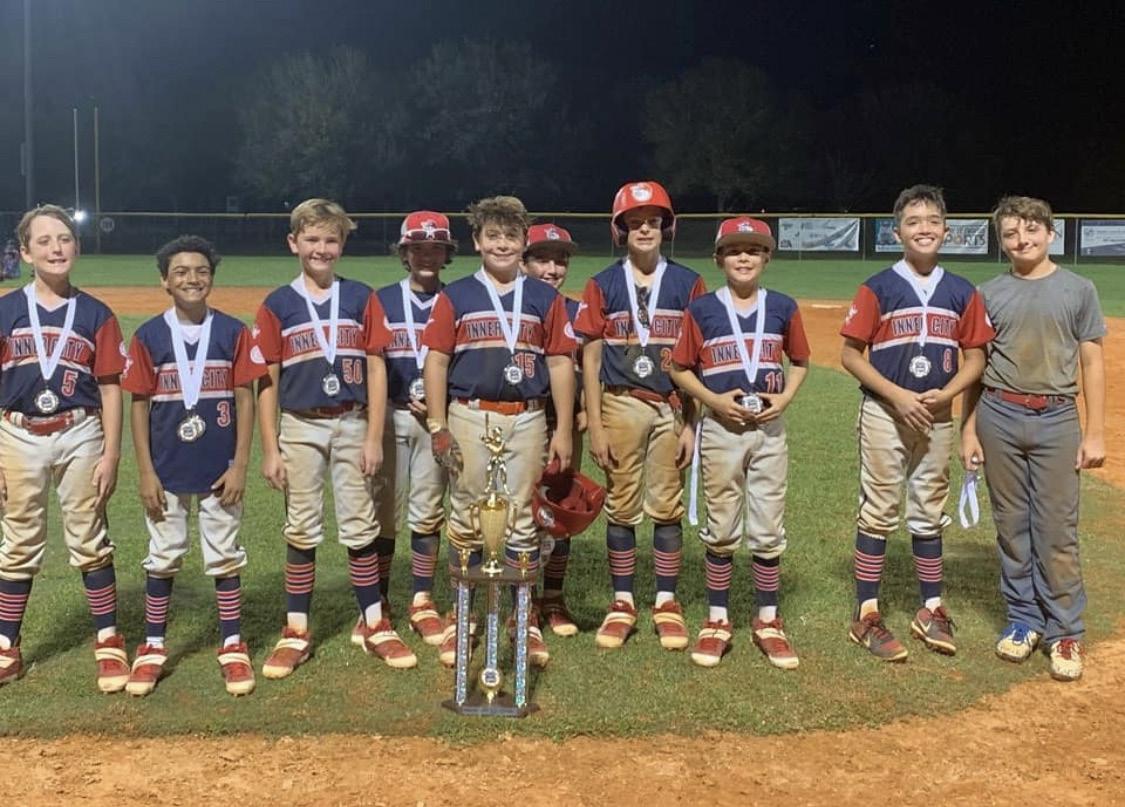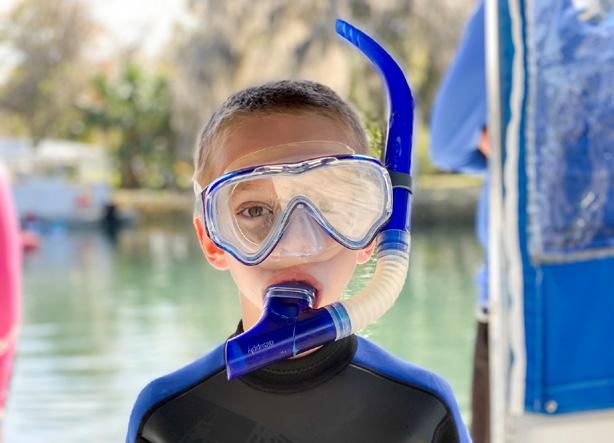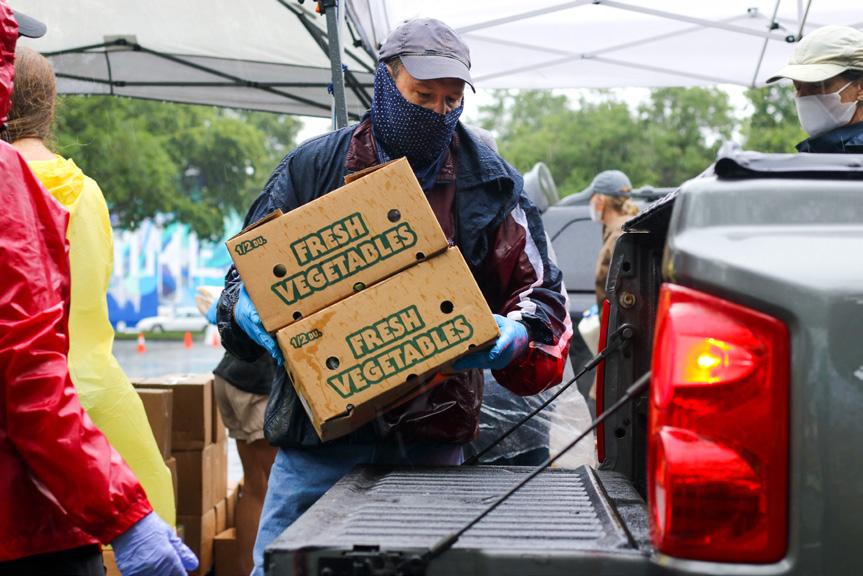
4 minute read
MIRACLE OF THE HEART: A local mom
A MIRACLE OF THE Heartby Anu Varma Panchal, photo provided by BayCare
When Danielle Kern was a few hours old, she had her first surgery. Born with only one working ventricle (pump) in her heart rather than the two required for normal blood circulation, doctors at St. Joseph’s Children’s Hospital worked furiously to save her life. They succeeded—so well, in fact, that Kern came back 24 years later. Only this time, she was here to deliver her own baby.
Because of Kern’s very complex heart defect, a team of cardiologists, neonatologists, high-risk obstetricians, anesthesiologists, nurses and technicians was assembled in the cardiovascular surgical suite at St Joseph’s Hospital, where they gathered to prepare for every eventuality. Members of the labor and delivery team from St. Joseph’s Women’s Hospital across the street also were there to help bring Kern’s baby into the world.
“It’s almost like launching a rocket into space,” says Dr. Joel Hardin, the adult congenital cardiologist at St. Joseph’s Hospital who oversaw Kern’s cardiac care during the delivery. “There was a layering of support for mom and baby.”
The 6-pound 7-ounce baby was delivered via C-section, and after three days at the hospital, Kern went home with her new son.
“I didn’t have any fear,” she says. “There were six or eight doctors outside my door, always someone in my room. It made me feel I was being well taken care of.”
Another comfort to Kern was that the cardiothoracic surgeon who assisted with her heart surgeries all those years ago, Dr.
Danielle Kern proudly cradles her newborn son, Dustin. Victor Morell, is still a part of St. Joseph’s Children’s Hospital’s cardiac surgical team through its partnership with UPMC Children’s Hospital of Pittsburgh, where he serves as chief of the division of pediatric cardiothoracic surgery.
Prior to the 1970s when surgeons and researchers began developing methods to save such infants, Kern’s story—even her life—would have been impossible.
By the time Kern was born in the late 1990s, a three-step protocol for babies born with single ventricles had been developed and refined. The first step was open-heart surgery right after birth that stabilized her, buying her time to grow larger and stronger. At 5 months, a second surgery allowed doctors to detach a vein from the heart and attach it directly to the lung arteries, rerouting blood to bypass the heart. When she was 19 months old, she underwent a Fontan procedure. Named for its inventor, this procedure is a more permanent solution that puts in a tube made of Gore-Tex to carry blue blood to the lungs without going through the heart at all.
Individuals born with a congenital heart defect, the most common birth defect, are living longer now than ever thanks to medical advances. In fact, adults with congenital heart problems now outnumber children by 2 to 1, and with the growth of this population came the realization that physicians with a unique skillset and knowledge base were needed to treat them. A new field evolved to meet this need, and in 2015, Dr. Hardin was in the first crop of approximately 200 physicians to become certified adult congenital cardiologists. Today, only about 500 physicians are certified in this specialty nationwide, and St. Joseph’s Hospital is only the second hospital in Florida to earn accreditation from the Adult Congenital Heart Association.
Kern learned about the difficulty of finding a specialized provider while searching for a doctor who could manage the unique complexity of her pregnancy. At 30 weeks, after being bounced around several practices in central Florida, Kern finally was referred back to St. Joseph’s, where she immediately found the expert care she needed. “I was like, ‘yes! Let’s do that.’ They had all my records. They knew about my condition. If something were to happen to me, they had the equipment.”
The challenges of this specialty go beyond diagnosis and treatment and include an emotional component as well as a teaching element, all of which Dr. Hardin naturally gravitates toward. With Kern, he had to first address the elephant in the room: Would the mother survive this pregnancy and be able to watch the child grow up? Any pregnancy can be fraught—
Dr. Hardin likens the strain of the process to running a 9-month marathon—but for a mother whose heart does not function like a normal one, the strain is immense, with potential complications such as fatal blood clots.
But Kern pulled through with confidence. The only thing that scared her was the epidural; she doesn’t like needles.
She is now back home in Lake Wales where on a chilly winter morning, her new son, Dustin Leon Corbin II, slumbered peacefully on her chest. She has no pain from her C-section and will remain under Dr. Hardin’s cardiology care going forward.
For Dr. Hardin, success stories like Kern’s help him motivate parents who may be struggling with a child’s diagnosis or condition. “I get to share with them that this is why it’s worth it,” Dr. Hardin says. “This is why you’re putting the child into the hands of a team that can help them feel better and healthier and maybe… have a child of their own one day.”










